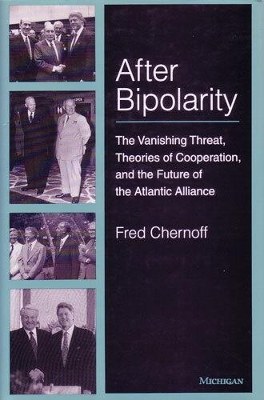Ann Arbor Books
1 total work
Several theories have been advanced to help answer this question. Nevertheless, After Bipolarity defends the argument that none of them---neorealism, neoliberal institutionalism, or cybernetic theory---is an entirely convincing account of past relations among NATO states and proposes a new theory based on disparate elements of these earlier theories. The author builds his case on twenty-one instances where alliance cooperation was sought, from the Suez crisis to Operation Desert Storm, representing a variety of issue areas: arms deployments, arms control, out-of-area operations, and alliance doctrine. Much of the data for the case studies comes from interviews with government and alliance officials and sheds considerable new light on certain key alliance decisions.
After Bipolarity makes use of a variety of methods to test the key variables. Boolean algebra in particular is used to illuminate the author's theory, which contends that there is no unique set of necessary and sufficient conditions for cooperation but that there are alternate sets of conditions that may produce cooperative behavior. It is noteworthy that threat perception, a variable emphasized in widely accepted realist and neorealist theories, does not perform as well as other, less popular variables in explaining cooperation. Chernoff concludes that without a commonly perceived threat, continued trans-Atlantic cooperation will be possible but will require a more diligent management of intra-alliance relations.
